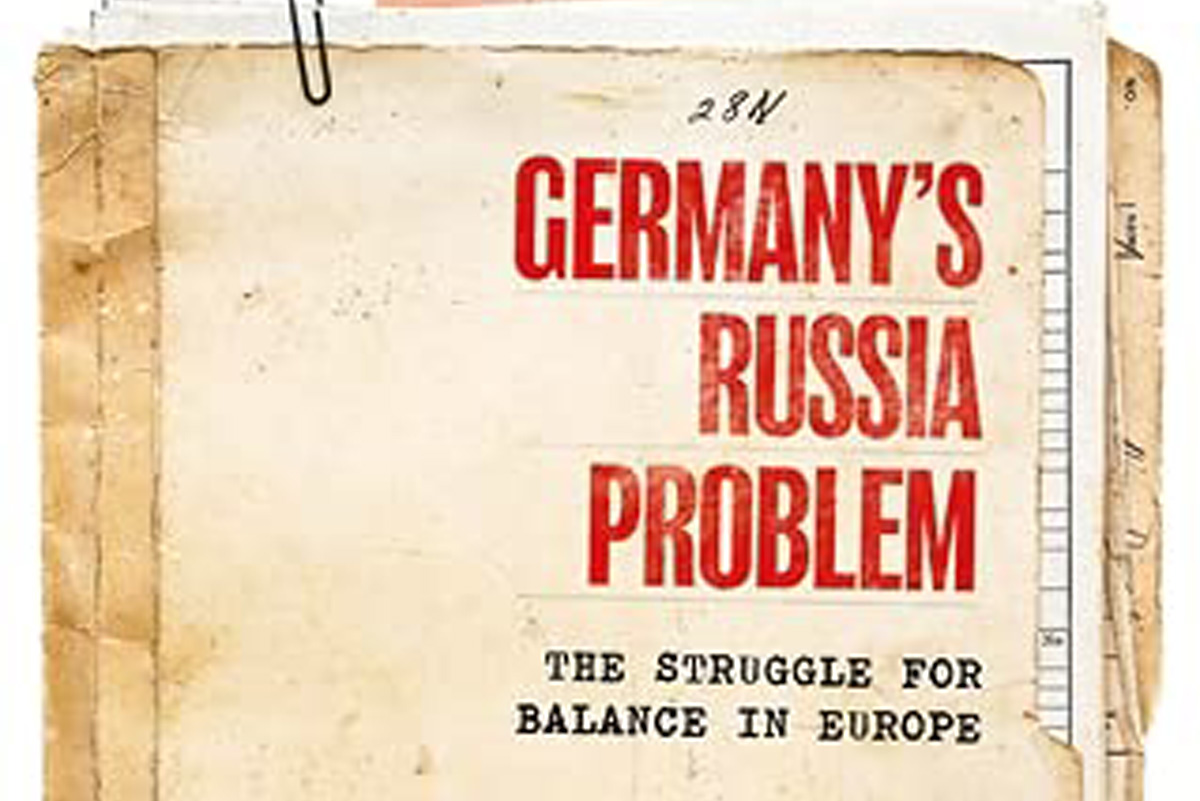The relations between Germany and Russia are fateful for Europe. From historians and geopolitics specialists to cultural scientists and economists, everyone has written about the interaction of these two states. Since the unification of Germany in 1871, everything that has transpired between the German and Russian capitals – wherever they have been – has affected the destiny of Central and Eastern Europe, and often the whole world.
Compared to the 19th century, a lot has changed. Defeated and divided in World War II, Germany united, becoming the leader of the European Union. The Soviet Union, which emerged victorious from WWII, disintegrated, and Russia lost much of its influence in European affairs for a long time.
However, the importance of Russian-German relations in defining Germany’s policy toward Russia has remained high. Then, what can be said about 2014 when the Russian Federation annexed Crimea, destroying the usual foundations of European security? Today, Russia has indeed become a challenge for many – a complex and ambiguous challenge that requires an in-depth look to respond to.
John Lough’s book Germany’s Russia Problem. The Struggle for Balance in Europe offers an in-depth, comprehensive approach to the problem. The author proceeds from the fact that Russian-German relations serve as the most imperative thread between the West and the largest country on the European continent. The wording alone – the juxtaposition of the largest European country and the West – illustrates the drama of the relations that have historical, political, economic, and civilizational motives.
Germany and Russia have a lot that connects them. The author explores this connection by examining the history of the two countries, including mutually established ideas of the Russian and German people about one another, as well as the legacy of the Cold War and its consequences. But the connection is also present today, manifesting in trade, energy, investment, the famous personal contacts of Vladimir Putin, who speaks German, and Angela Merkel. The Putin-Merkel duo had long been determining the fate of Europe. All the mattes prominent in current discussions – anti-Russian sanctions, Nord Stream 2, the Normandy format, and other expressions of Russian-German relations – are affected by the historical past.
The special relations between Germany and Russia – that were so often and so rightly feared in Central and Eastern Europe – can be traced back to the 18th century. Since Peter I, who purposefully invited German specialists to build his renewed empire, there was significant importance of Germans in the domestic policy of the Russian Empire. It culminated during the reign of Princess Sophie Friederike Auguste von Anhalt-Zerbst in Russia under the name of Catherine II the Great. The Romanov dynasty’s close ties with Germany also proved a geopolitical factor.
The fates of Germany and Russia/the USSR in the first half of the 20th century are often compared. Excluded from the formation of new world order after the First World War, the two found an opportunity to cooperate, and later signed the famous Molotov-Ribbentrop Pact. Two totalitarian regimes on the different sides of World War II. The triumphant and the state divided in the war aftermath, they retained a strong emotional and geopolitical connection.
According to John Lough, Germany needs a strategy – and above all a strategy on Russia. There are a plethora of factors that play into an akin strategy, such as national stereotypes, historical circumstances, or landmark events like the unification of Germany. The USSR had a key role in this process, which for a long time formed the image of Russia in the eyes of the German people. To what extent is this image still true in the new political environment?
About half the book is devoted to challenges and realities in place since 2014. Germany bid farewell to the illusions that characterized the perception of Russia in the 1990s and the early 21st century. In turn, it managed to form a broad European coalition for sanctions against the Russian Federation. Widespread support for an akin policy, including from German businesses, came as a surprise to many and likely to the Russians themselves. Moscow relied on economic ties with Germany and its influence in Berlin – via lobbying, political parties, and the media.
Moscow was probably wrong. However, as the author concludes, Germany and its allies must accept that it will take a long game to persuade Russia to change its policy. The Russian policy is counterproductive and could weaken the country. Berlin will also need a long-term strategy, including a selective dialogue with Moscow, capacity building, and a move away from the traditional German "Eastern policy." There is also a place for supporting reforms in Ukraine in this strategy.
The book is highly relevant, and its ideas are sure to resonate with many Ukrainian readers. Germany’s Russia Problem. The Struggle for Balance in Europe is not only about Russia and Germany, but it’s also about the future of Europe.


